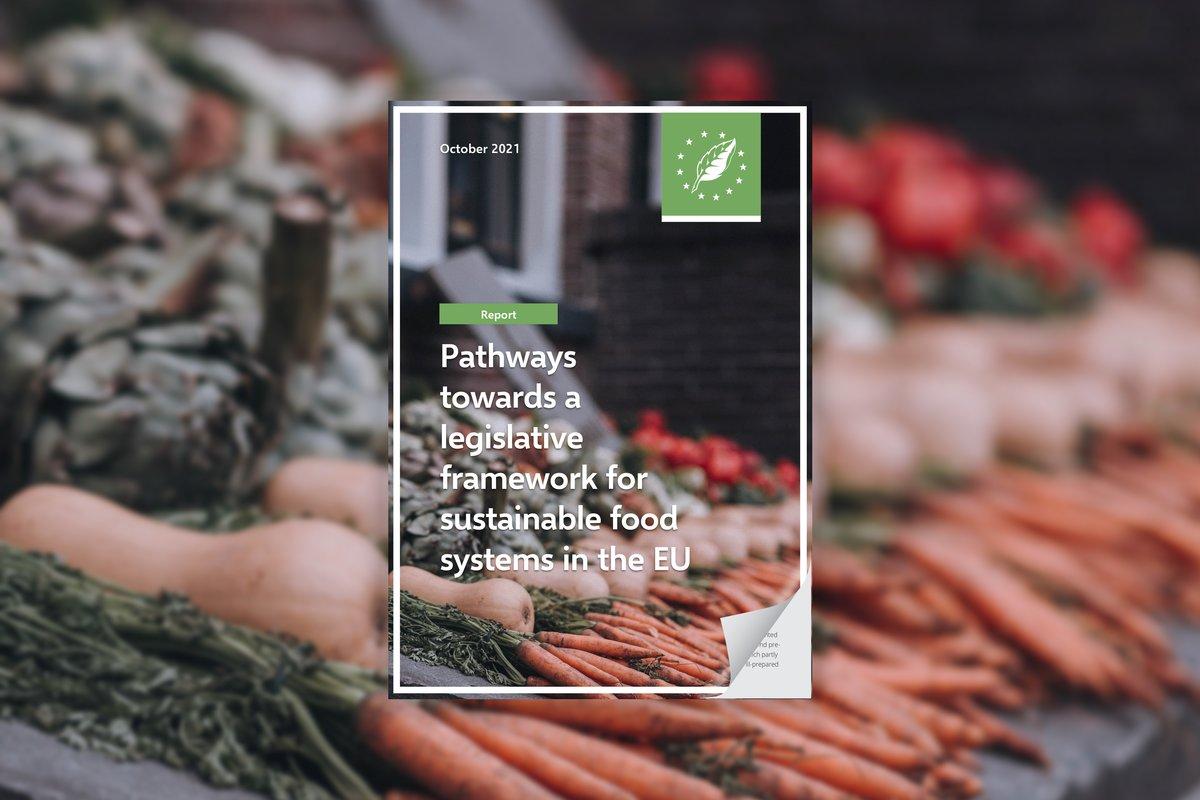AUTHORS: David Baldock, Kaley Hart
European food systems are not sustainable. In light of forthcoming proposals for a new EU legislative framework for sustainable food systems, this paper sets out the challenges that this should address and maps out ways it could be achieved.
The evidence shows that European food systems are not sustainable. The question of how best to address this is now gathering momentum, with the expectation of a major proposal being tabled by the European Commission in 2023. This new paper by IEEP offers an analysis of the key challenges that have to be confronted, outlines the role that a new legislative initiative might play and suggests some of the critical elements that it might contain.
To be fit for purpose, a new EU legislative framework requires a focus not just on food production and the sustainability of the food chain but also on food poverty, the obesity crisis and the large gap between current average diets and those judged to be sustainable. Urgent coordinated action is required to deliver against commitments in the EU’s Farm to Fork strategy in order for EU food systems to become the gold standard of sustainability.
Because of the nature and scale of the issues, a far-reaching strategy is required that brings the different strands together into a coherent matrix of both new and amended policies. The paper argues that for this reason the transition to more sustainable food systems should be underpinned by new binding legislation in the form of a Sustainable Food Systems (SFS) Legislative Framework. Relying on the enforcement of current legislation and voluntary approaches will not be enough.
The paper seeks to sketch out some of the challenges that an SFS Legislative Framework would be designed to tackle and offers proposals on the ways in which this could be achieved. These include the setting of targets and objectives, the pursuit of policy coordination and coherence, the creation of a much greater capacity to measure, assess and report on sustainability and the establishment of a new governance regime and architecture.
One key conclusion is that a holistic approach to food sustainability in Europe requires the active participation of Member States and local bodies. It is not something that can be addressed by the EU institutions without a significant degree of interaction between the EU and national levels. Also critical will be a high level of transparency and stakeholder participation to create the necessary degree of engagement, accountability and legitimacy in an area of exceptional public interest.
There will be other options to consider, but these ideas are offered as a contribution to the much-needed debate on why a new legislative framework is required as well as what its contents should be.

